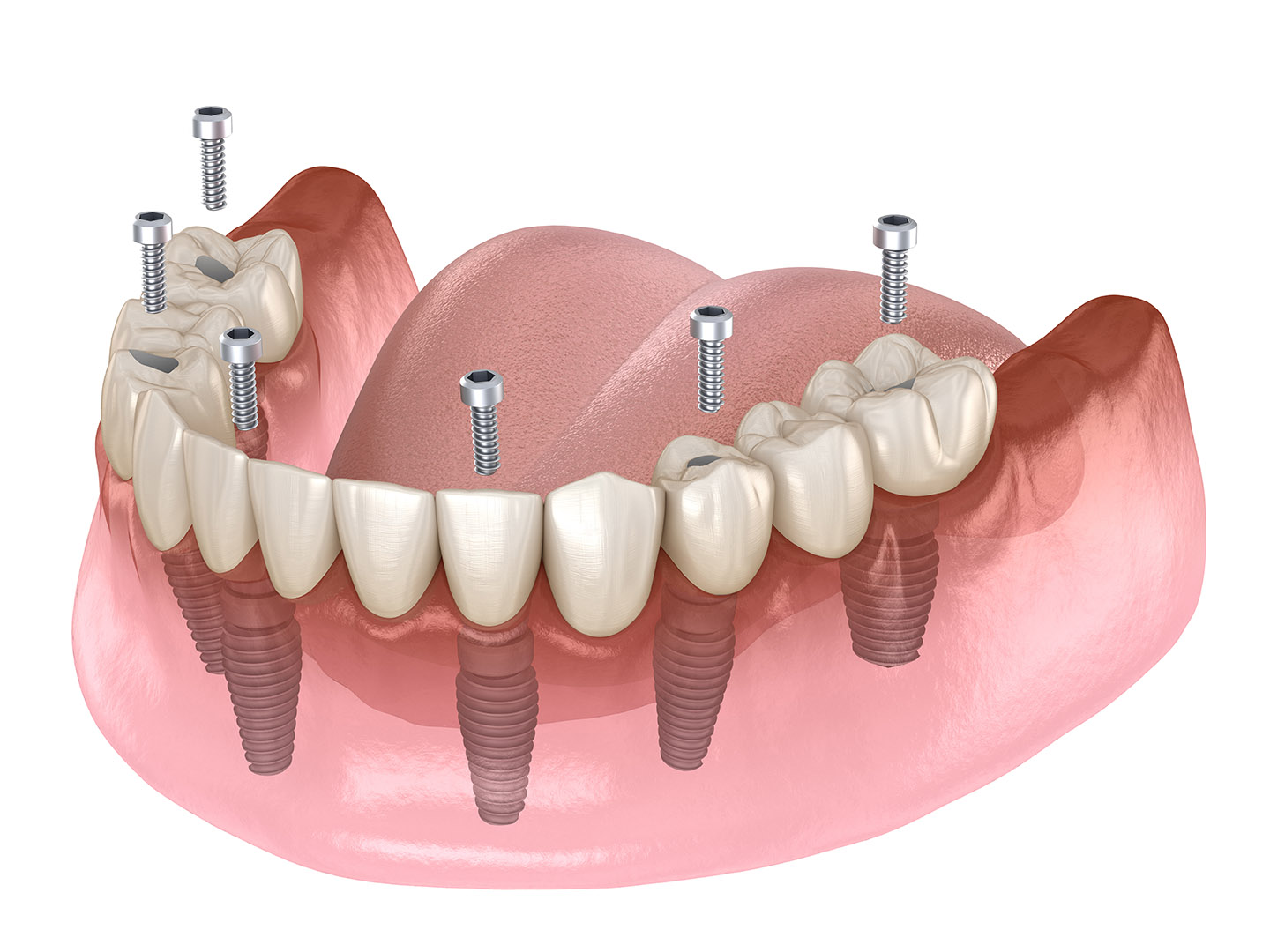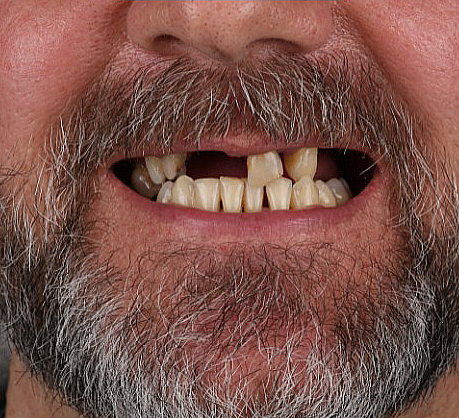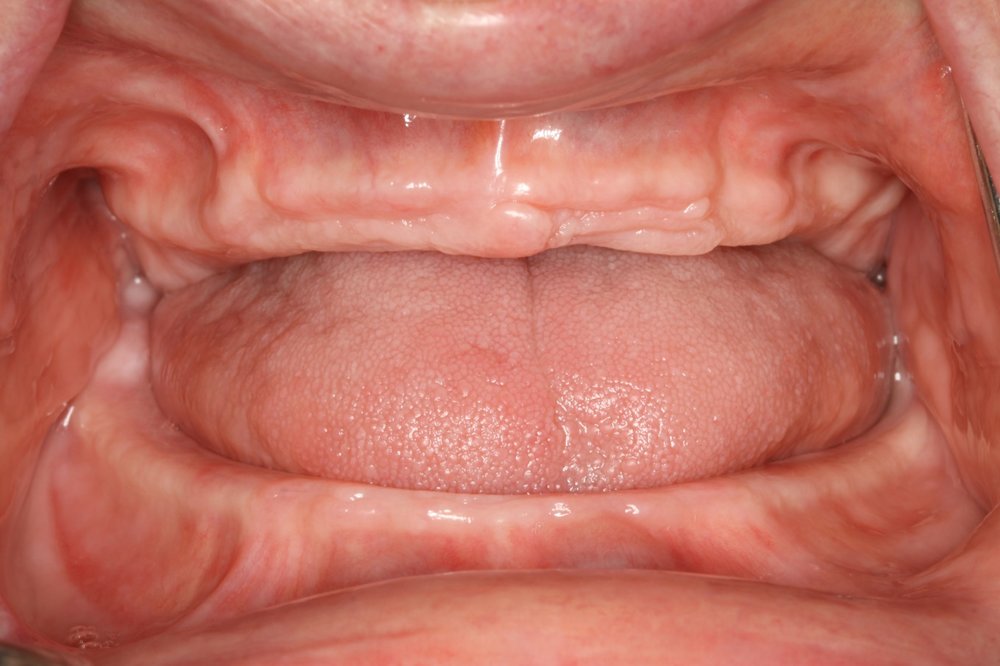In This Article
Introduction:
This is David, and I am a dental implant educator at Chicago Implant Studio. In this article, I will answer one of the common questions I get from patients at the consultation appointment with our implant specialist “What is Dental implant post-operative care?”
After undergoing dental implant surgery, proper post-operative care is crucial to ensure a successful recovery and long-term oral health. This article serves as a comprehensive guide, outlining the key aspects of dental implant post-operative care. By following these recommendations, you can enhance the healing process, minimize discomfort, and protect your investment in dental implants.
Immediate Post-Surgery Care
Immediately following the dental implant surgery, it is essential to prioritize rest and recovery. Here are some key steps to take during this critical phase:
- Follow instructions: Carefully adhere to the post-operative instructions provided by your dentist or oral surgeon. These may include guidelines on managing pain, swelling, bleeding, and medication usage.
- Manage discomfort: Expect some level of discomfort and swelling. Applying an ice pack to the affected area in intervals of 20 minutes can help reduce swelling. Additionally, prescribed pain medications or over-the-counter pain relievers can be used as directed.
- Oral hygiene: Maintain oral hygiene, but be gentle around the surgical site. Brush your teeth gently, avoiding direct contact with the implant area. Rinsing with a prescribed antimicrobial mouthwash can aid in keeping the area clean.
Long-Term Post-Operative Care
As the initial healing phase progresses, specific measures are necessary to ensure the long-term success of your dental implant. Here are some essential considerations:
- Oral hygiene practices: After the initial healing phase, typically a few days post-surgery, you can resume regular brushing and flossing. Use a soft-bristled toothbrush and a non-abrasive toothpaste. Proper oral hygiene helps prevent infection and maintains overall oral health.
- Diet modifications: During the healing period, stick to a soft food diet to avoid placing excessive stress on the implant site. Incorporate nutritious foods like smoothies, mashed vegetables, and soups. Avoid hot or cold foods that may cause discomfort.
- Avoid tobacco and alcohol: Smoking and excessive alcohol consumption can impede the healing process and increase the risk of complications. It’s best to refrain from these habits during the recovery phase.
- Regular dental visits: Schedule follow-up appointments with your dentist or oral surgeon as recommended. They will monitor the progress of the implant and provide necessary guidance. Regular dental visits are crucial to ensuring the long-term success and maintenance of your dental implant.
- Protect the implant: Avoid habits that can potentially damage the implant, such as biting hard objects, chewing on ice, or using your teeth to open packages. These actions may jeopardize the stability of the implant and lead to complications.
Conclusion:
Dental implant post-operative care plays a vital role in the success and longevity of your dental implant. By following the guidelines outlined in this comprehensive guide, you can enhance the healing process, reduce discomfort, and maintain optimal oral health. Remember, regular dental visits and consistent oral hygiene practices are key to ensuring the long-term success of your dental implant. Consult with your dentist or oral surgeon for personalized advice and any specific instructions based on your unique case.
Schedule a Free Consultation Today
From single and multiple teeth to full jaw All-on-4 dental implants, Chicago Implant Studio helps patients of all ages enjoy eating, gain their confidence, and smile again. Find out how dental implants can improve your life and overall health. Schedule a free consultation online today or call us at (331) 257-7999.






